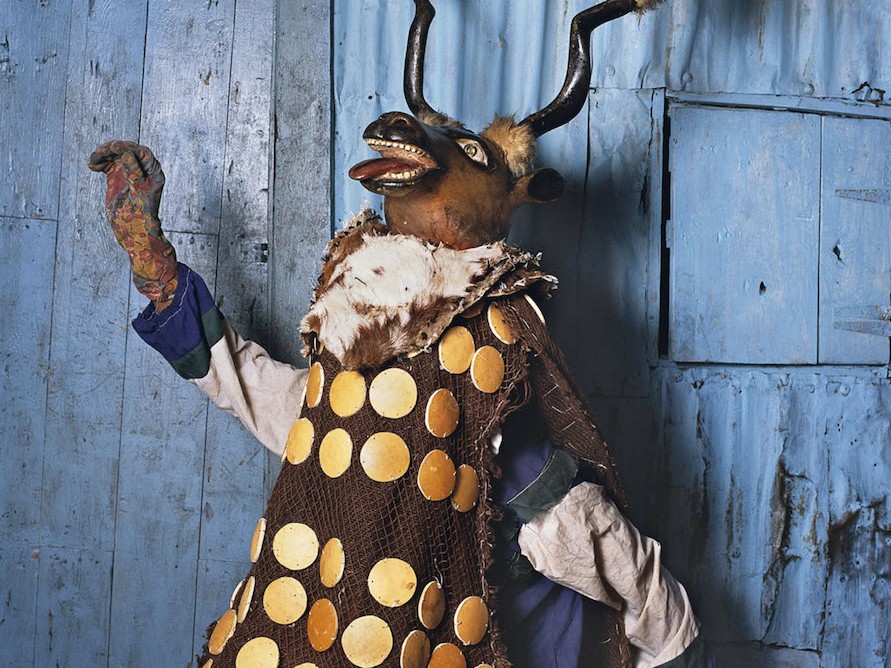Share this!
5 Influential African Women in History
African women have been at the center of historical movements for centuries. From empowering enslaved communities to nation building on the continent, women in Africa as well as the Diaspora have effectively challenged dominant power structures, shifting the global realities of Black people. Mothers, daughters, sisters and wives, these ancestral women are honored for their commitment to affirming the right to exist and creating societies that are more just, while simultaneously advancing the rights of women long before, during and after the term feminism came into existence. We must shift the way we understand agents and political actors in order to fully appreciate these women’s contributions. Who were they? What did they do? More importantly, how does using their lives as a lens change the way we understand social movements?
Collectively celebrating these women allows us to arrive at a clearer and more agential understanding of African women’s significant contributions to history. As such, we celebrate Black women in the service of Black liberation during Women’s History Month.
Queen Nanny of the Windward Maroons of Jamaica (1680?-1750)
Queen Nanny of the Windward Maroons was a Jamaican political leader, military strategist and Obeah woman. Originally born in Ghana, Queen Nanny led the Windward Maroons (maroons were formerly enslaved Africans who escaped to freedom and built communities outside of formal slave societies) in a successful war against the British, resulting in a negotiated land agreement for the Windward Maroon community. Queen Nanny’s experience is particularly significant, because a woman occupying three positions often associated with men expands the way we imagine the roles of women in history: she, like all the women recognized, asks us to explore women as agents in a way that is affirming of a woman’s definition of womanhood. Recognized as a national hero in Jamaica, Queen Nanny symbolizes strength, unity and the centrality of womanhood to resistance.
Yaa Asantewaa (1863-1923)
Yaa Asantewa, Queen Mother of the Ejisuhene, led the Ashanti in a war against British colonization between 1900 and 1901. Keeper of the “Golden Stool” of the Ashanti Confederacy, Asantewaa challenged the violent British call for the complete domination of the Ashanti confederacy and demanded the return of the King, Asantehene Prempeh I, when many others considered surrender. She and her soldiers deftly fought against the British. Though she was defeated and exiled to the Seychelles, Yaa Asantewaa’s bravery and military fortitude exemplified the uniqueness of female leadership in anti-colonial processes, inspiring future generations of Ghanaians in the long fight for independence.
Funmilayo Ransome-Kuti (1900-1978)
Often remembered as the mother of the prolific musician and activist Fela Kuti, Funmilayo Ransome-Kuti was a pioneering African feminist, social activist, educator and anti-colonial freedom fighter. Founder of the Nigerian Woman’s Union, which became the Federation of Nigerian Women’s Societies in 1953, Funmilayo Ransome-Kuti organized tax strikes against economic policies negatively affecting women, organized against the exploitation of women in business, and called for an end to colonial rule. Her dedication to ending injustice is what makes her a phenomenal woman in African history.
Miriam Makeba (1932-2008)
Affectionately known as Mama Africa, Miriam Makeba was an artist, activist and major participant in both the anti-Apartheid and Pan-African movement. Makeba wrote and performed music that critiqued the Apartheid government of South Africa, advocating for an end to racial disenfranchisement, both from within South Africa and while in exile. She was also wife to South African musician Hugh Masekela and Pan-African activist Kwame Touré (formerly known as Stokely Carmichael). For over 30 years, Makeba was one of the artists responsible for igniting the consciousness of thousands of people, providing the musical pulse of the Anti-Apartheid Movement. We celebrate her and all her accomplishments.
Wangari Maathai (1940-2011)
The famous Kenyan environmentalist, women’s rights activist and Nobel Laureate, Professor Wangari Maathai, is remembered for her compassion and dedication to improving the lives of the most disenfranchised groups in society. Maathai founded the Green Belt Movement in 1977, known then as the National Council of Women of Kenya, as a response to the economic and social needs of Kenyan women living in rural areas. The Greenbelt Movement encouraged Kenyan women to plant trees, which helped to restore rainwater and provided them with food and firewood, while also earning a small income. Maathai’s work illuminated the linkages between poverty, environmental degradation and power, ultimately leading to people calling for more government accountability. Maathai’s emphasis on the importance of the environment also speaks to the long historical connection African people have had with the environment. Her work continues to inform and inspire environmental movements.
Be they military leaders, political activists, environmental stewards or Pan-African musicians, African women’s lives undoubtedly challenge common perceptions of African people in particular, but human existence in general. Black history is uniquely shaped and advanced by African women. Though often ignored, women, such as the ones highlighted here, are critical to remembering the specific way Black people have enacted change in world history. Their lives reveal the importance of culture in activism. Ultimately, even when spatially relegated to the margins, African women’s histories and voices will never remain there.
Post written By Makeda Njoroge-MJoroge







Arikana Chihombori-Quao.
She has championed the independence of French colonies. France granted conditional independence and retained a stranglehold on the nascent republics. Exploitation and impoverishment of African countries didn’t go unnoticed. Arikana gave the voice that costed her a job. The action of revolution and the liberation of Africa is happening now. We have no coups, we have a revolution.